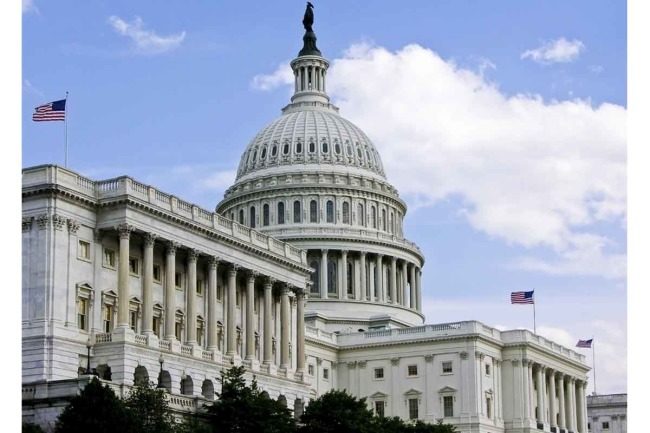WASHINGTON – US Senator Jon Tester (D-Mont.) introduced legislation that would impose a moratorium on Brazilian beef imports to the United States until food safety and trade experts have made a recommendation regarding the products’ import status.
The action follows complaints from organizations representing US beef producers that Brazilian government agencies aren’t reporting outbreaks of animal diseases in a timely manner to the World Organization for Animal Health (OIE). In June, Brazil had two cases of atypical bovine spongiform encephalopathy (BSE). But relevant authorities didn’t report the cases to the OIE until September.
Atypical BSE generally occurs in older cattle, and it seems to occur spontaneously and sporadically in all cattle populations. Classical BSE has been linked to variant Creutzfeldt-Jakob disease (vCJD) in people.
“Montanans demand the highest level of safety and certainty in their beef, and Brazilian imports aren’t making the cut,” Tester said. “Folks expect their beef to have been rigorously tested against the strictest of standards, and concerns about Brazilian imports not only jeopardize consumer trust but present a serious risk to Montana producers. We owe it to our domestic producers and consumers to halt Brazilian imports until we can guarantee their beef and reporting standards are making the grade.”
In letters to Agriculture Secretary Tom Vilsack, the National Cattlemen’s Beef Association (NCBA), R-CALF USA and the US Cattlemen’s Association (USCA) urged the US Department of Agriculture to indefinitely suspend imports of fresh beef from Brazil pending a USDA review and a risk assessment of Brazil’s Ministry of Agriculture, Livestock, and Food Supply (MAPA), and its veterinary diagnostic laboratory system.
Tester introduced similar legislation to assess the quality of Brazilian beef and poultry in 2019 and 2017.



